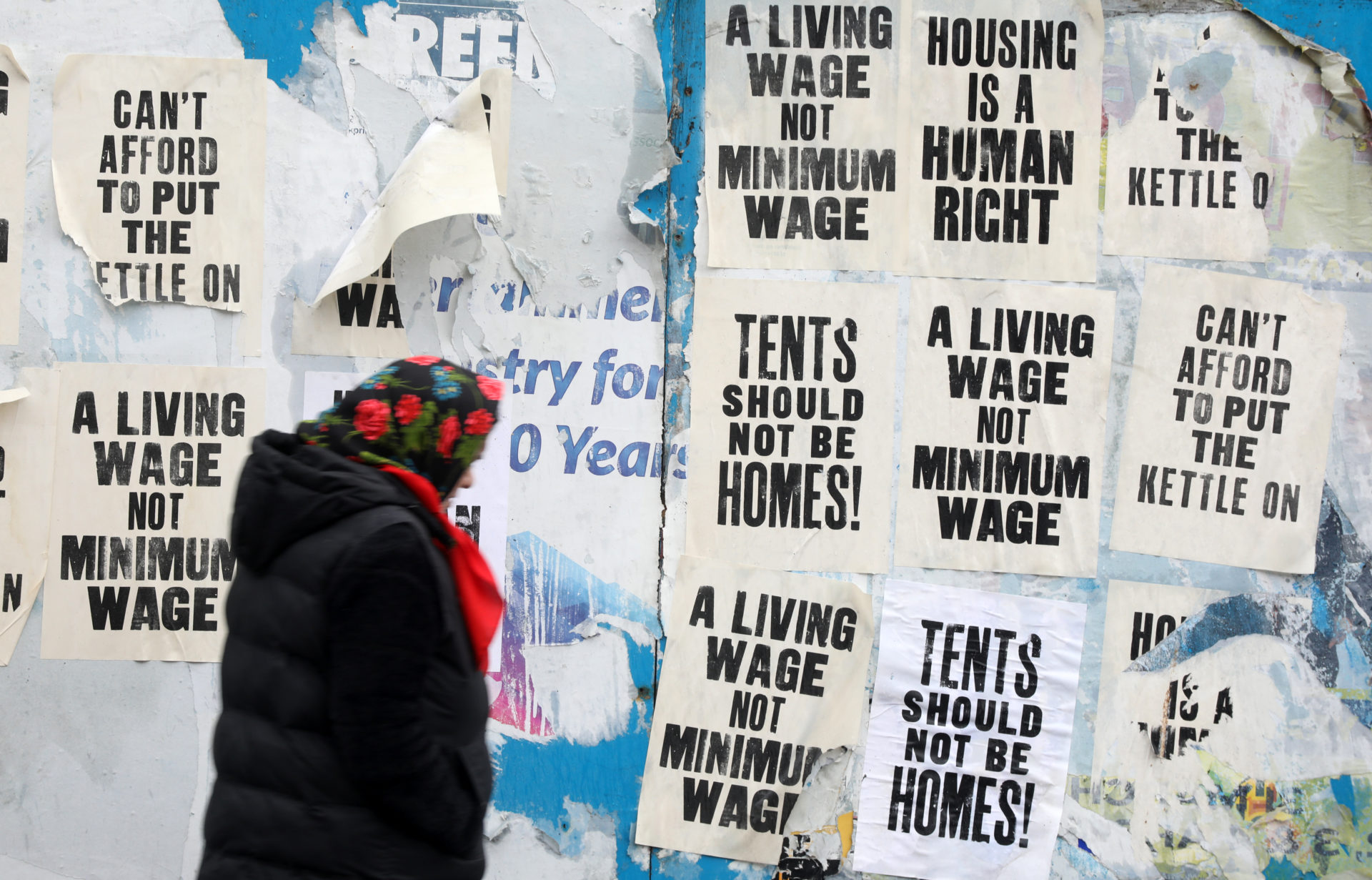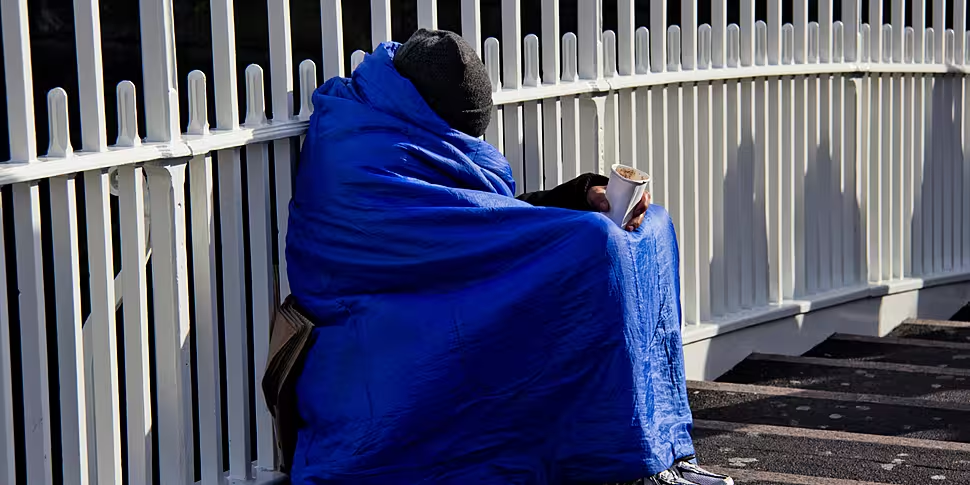Discussions about homelessness are too wrapped up in figures and do not address the social issues that cause someone to lose their home.
That’s according to Director of Services at the Alice Leahy Trust Alice Leahy, who said she was not surprised by the record-high levels of homelessness.
The Department of Housing announced there were over 12,000 people in emergency accommodation in April – but Ms Leahy said the real homeless figures are likely much higher.
“We would have up to 40 men [in the Trust] generally who are sleeping rough all the time - they are not included in the list,” she told The Anton Savage Show.
Ms Leahy said the problems cannot be resolved properly without addressing the social problems that lead to homelessness.
“We're being bombarded with figures but behind each figure, there's a human being,” she said.
“There is a housing problem, there are people who are working hard and who are trying to buy a house and they can't, but we are not talking about the social issues that lead to homelessness at all now.”
“They’ve been completely dismissed as we come on with figures and bricks and mortar.”
"Don't forget about them"
Ms Leahy said we would still see people sleeping rough if there were enough houses because of social issues such as addiction.
“We're always going to have those people and I think we need to make sure we don't forget about them,” she argued.
"Somehow it's easier to kind of look at computers and move figures around and say we’ll give more money and argue in the Dáil.”
A proper solution to housing would also increase provisions for mental health and childhood welfare, according to Ms Leahy.
Prevention measures
Focus Ireland CEO Pat Dennigan said the recent figures reflect a number of problems in Ireland.
“Primarily, it's because we don't enough houses,” he said. “Certainly in the short term, the eviction ban is starting to be reflected in the numbers.”
Mr Dennigan said the most important thing in the new months is addressing poor policy and a lack of urgency.
“We could have much more emphasis and much more encouragement around prevention measures,” he said.
 A woman walks past a billboard with posters protesting homelessness on Bow Lane, West Dublin, 11-03-2023. Image: Leah Farrell/RollingNews
A woman walks past a billboard with posters protesting homelessness on Bow Lane, West Dublin, 11-03-2023. Image: Leah Farrell/RollingNews“Working with people, working with families on a day-to-day basis to make sure that they know their responsibilities, but they also know their entitlements.”
Mr Dennigan also suggested landlords are incentivised to keep their property on the market.
“The majority of people that we see coming to our services are coming from the private rented sector,” he said. “We need to encourage and incentivize landlords to stay in the private rented market at the moment to stay in that position.”
You can listen back here:









